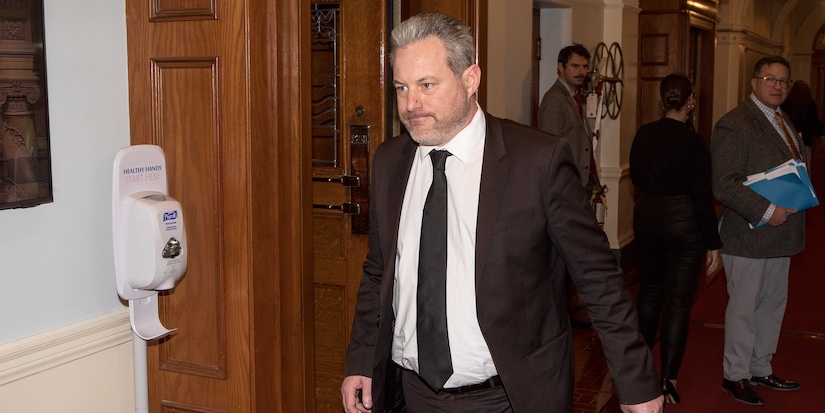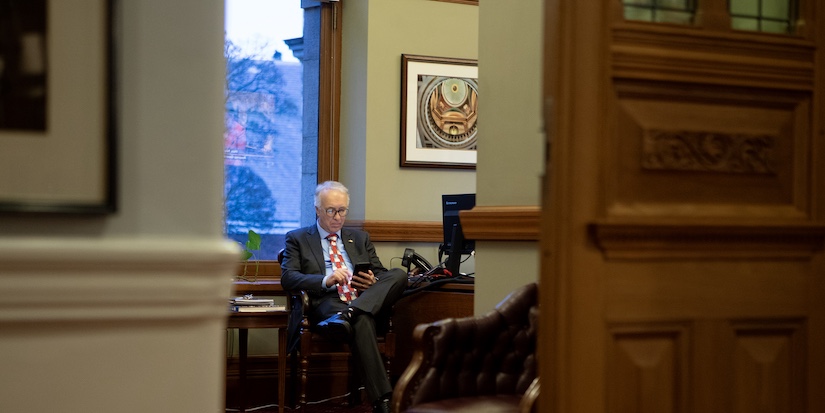Arts & Culture
Film explores decisions and consequences

—
The Family Man, directed by Brett Ratner, explores what happens when people make difficult irreversible decisions that may have long-lasting effects.
The film starts out focussing on a successful Wall Street executive who wakes up on Christmas morning, finding himself in bed next to his ex-girlfriend, 13 years after they had broken up. The film stars Nicolas Cage as Jack Campbell and Téa Leoni as Kate Reynolds.
In Jack’s new life, he’s married to his ex-girlfriend and he has two kids, Annie and Josh. Worst of all, he is now a tire salesman in a small, rural town. Having to face drastic changes in such a short amount of time, Jack finds himself re-learning and re-engaging in something he didn’t care much about before; love.
Initially, Jack tries to retrace and find his way back to New York City without any luck—the people he knew no longer recognize him. Jack hates the middle-class and impoverished life he has been forced into. He had become accustomed to the lavish lifestyle of living on the top floor of an expensive New York City apartment building and signing off on multi-million-dollar contracts.
After a couple of months, Jack is beginning to settle into his new routine of kissing his wife on the cheek every morning before leaving for work, dropping off and picking up his kids from school, and shopping for groceries, but just as he is getting comfortable, Jack realizes the changes are impermanent and he will return to his old lifestyle of tailored suits, cocktails, and Ferraris in no time.
Ironically, Jack no longer wants to go back to his old luxurious life because his new life taught him the true meaning of love, appreciation, and gratitude.
The Family Man teaches that although money is an important necessity in life, it should only be valued so much. Money should not replace the important human elements of life like love, joy, serenity, and other positive emotions are just as important.
































